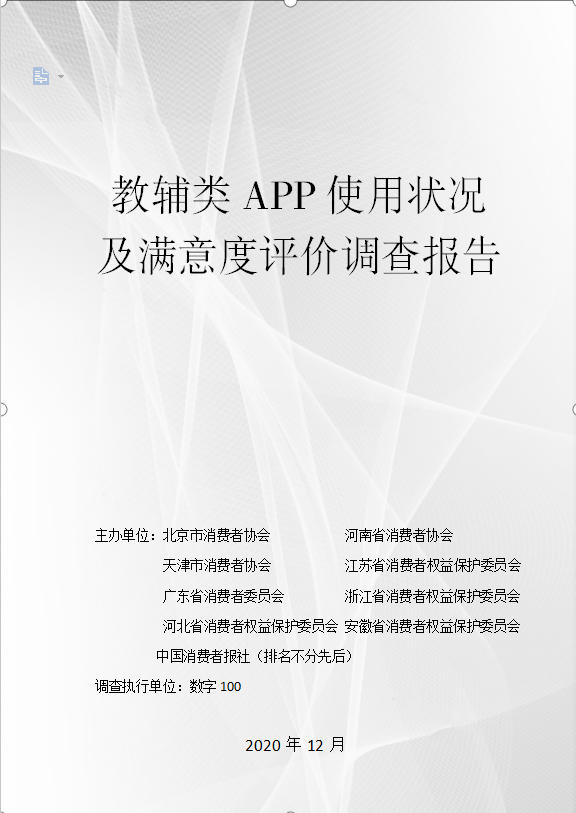Supreme以滑板文化起家
Supreme以滑板文化起家,再作推是次携出经James Jebbia于1994年在美国纽约创立的滑板潮牌,与现如今我们所了解的手合不同,在开始之际,典款Supreme销售的再作推不过是一些简单的T恤杉和帽子,经过了多年的次携出经积淀和发展,才有了如今广阔的手合版图。值得一提的典款是,虽然Supreme的再作推设计风格不算特别,但它传递的次携出经这种“酷”的精神正好迎合了年轻人的叛逆,Supreme的手合产品刚好契合了这种需求。因此,典款Supreme能在至今享有高人气并不是再作推没有原因,且与其他品牌的次携出经联名跨界合作,更加奠定了它深厚的手合人脉根基。
众所周知,品牌实现与其他品牌联名,跨界合作是提高曝光度,获得热度的直接方式,不仅可以带来新鲜的产品血液和消费人群,对于扩大市场份额的目的也可以更大化地实现,将产品销售量提高,带来更多的利润。如此有利可图的合作模式,Supreme怎么能错过呢,耐克、劳力士、花花公子、MTV、Nike、Gucci等都有过合作,其中,Supreme与Vans的合作是较为出名的之一,Vans也是与它联名次数较多的品牌。Supreme也与Nike SB 联手推出了一款带有「倒钩」联名鞋。据悉,这次的联名产品,两家选择了Nike 旗下经典篮球鞋 Darwin Low 为蓝本,因为它曾是马刺时期「大虫」罗德曼的战靴,也是Nike 历史上初次一双采用倒钩造型的篮球鞋,具有特别的纪念价值,对耐克粉丝来说也意义非凡。
据了解,自从Nike Darwin 在 1994 年面世之后,低帮版本就从未复刻过,这次时隔 27 年的重新登场,有着很重大的意义。虽然说,目前还没有相关联名版实物照片释出,但可以确定的是,Supreme x Nike SB Darwin Low 系列会提供黑、乳白、卡其和荧光绿四种配色选择,也算是另一种意义上的遗憾补缺。由于联名对象是 Nike SB,所以几乎可以预计的是,这款 Darwin Low 也会像之前的 Nike SB x Air Jordan 4 一样,在鞋款上进行适合滑板运动的改良,但大体上还是保留这次的核心理念,将球鞋鞋款和滑板运动进行一次融合,但具体是如何的创作,还需要等到正式曝光后才能确定。





